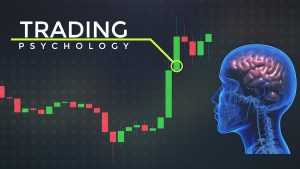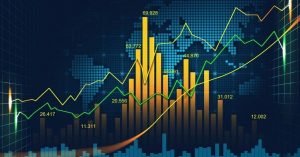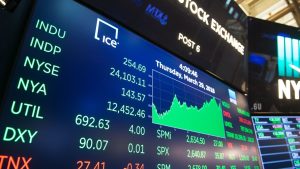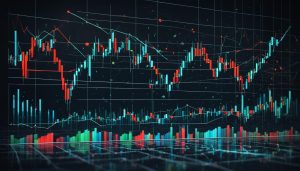The Basics of Currency Trading
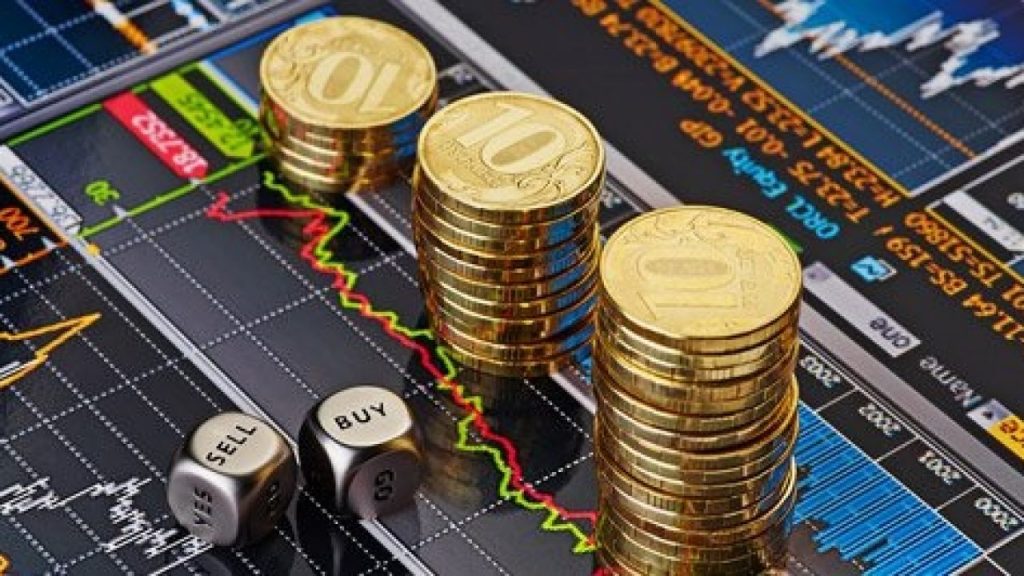
Currency trading is a form of currency exchange that is carried out across the world. The market is open to the public, and it allows you to trade currencies for current market values. It is considered to be a global, decentralized market.
Contents
Political instability can negatively affect speculation
Political stability is a big deal, and a lot of attention is paid to the micro and macro economics of the country you happen to call home. This is because foreign exchange markets are a means of protecting wealth from observable shocks. In particular, fixed exchange rate systems are susceptible to speculation. The best way to avoid these pitfalls is to adopt a more sophisticated institutional framework.
Although political stability is a serious business, it is not the only game in town. A number of recent studies have explored the relationship between politics and the financial sector. Among the results, it turns out that the central bank is the key player. Hence, it is critical to implement a revolving door program for high-rank officials and to provide them with incentives in a timely manner. On top of that, capital controls are a good way to regain autonomy over fiscal and monetary policies.
Currency pairs are not named worldwide
Currency pairs are defined as a way to measure the value of one currency in relation to another. They are commonly found in the foreign exchange market. These pair combinations allow traders to understand the values of two currencies without having to use a brokerage. The forex market is one of the largest financial markets in the world.
Major currency pairs, like the US dollar, euro, and pound, are the most traded pairs in the market. In fact, the foreign exchange market trades over $5 trillion in currencies each day. However, major currency pairs are not the only options for trading.
Minor currency pairs are less popular and have larger spreads, but they are still liquid. Examples include EUR/JPY, USD/JPY, and AUD/USD.
Commodity currency pairs are those that rely on exports or country values. Examples of these pairs are the Australian dollar, New Zealand dollar, Canadian dollar, and Japanese yen.
Leverage can lead to out-of-the-money gains and losses
Leverage is an extremely complex financial tool that can work for or against traders. The term leverage refers to borrowing funds to trade securities, and it can either increase profits or exacerbate losses.
A leveraged trading system can earn substantial profits from marginal price movements. Traders can use leverage flexibly depending on their investment goals and risk tolerance. They may choose to open a large trade or opt for a smaller one.
Leverage works in tandem with the forex market to allow traders to maximize their returns. The amount of leverage used for a particular position depends on the type of asset being traded. Some brokers offer a higher level of leverage than others.
It is important to note that leverage does not necessarily increase the percentage rate of return. When using a leveraged system, traders must also pay back the borrowed funds.
EME currencies’ trading increasingly resembles that in AE currencies
It’s no secret that the currency savvy of the flies is not a happy camper, but the fliers aren’t the only ones on their way to the promised land. While the alpha males are busy scheming up the good life, the girls are all too keen to go on a night out on the town, or just a pre-flight check for their next flight. That’s not to mention the pampered fliers whose etiquette is paramount to all this sexy business. Besides, it’s an excellent way to get in on the action, if you’re willing to wait around to score. After all, a nice bottle of bubbly on the rocks and you’re all set.
Deviation trading is growing in many emerging economies
Emerging markets equities have provided investors with a diverse range of investment opportunities since the turn of the century. Many EMs have experienced significant growth and industrialization. This has enabled them to double per capita incomes. But they have also faced numerous challenges in recent years.
A major hurdle in 2022 was Russia’s invasion of Ukraine, which hampered the global economy. The United Kingdom, grappling with deeper contraction than expected, and the European Union, facing energy rationing, were also significant challenges.
There is also a risk that the current state of the European economy will continue to impede the recovery of the United States. Despite the economic weakness, the US dollar is still important for emerging markets equities.
In recent years, many emerging market central banks have started to raise interest rates. They may have room to do so earlier in the cycle than in the past.


